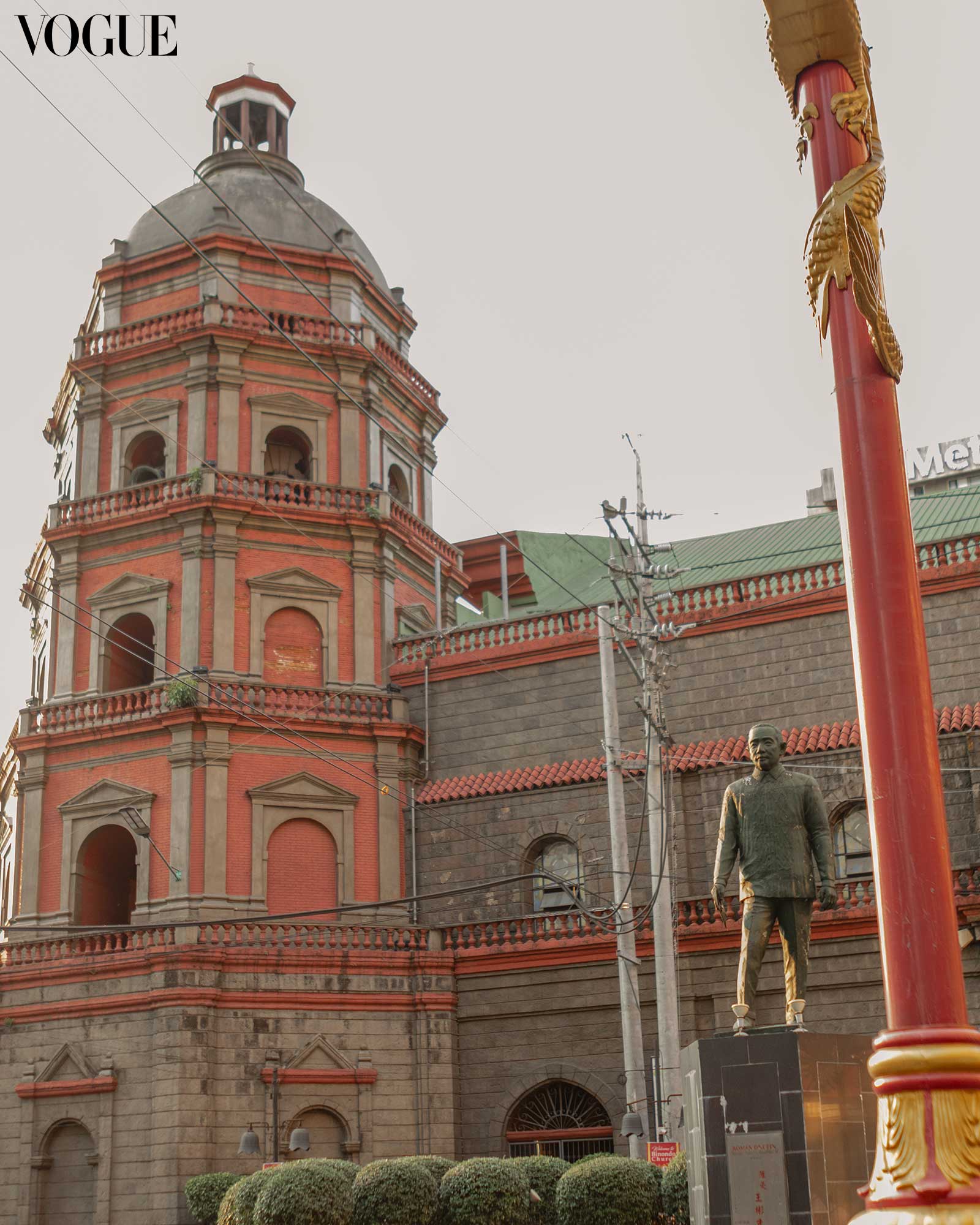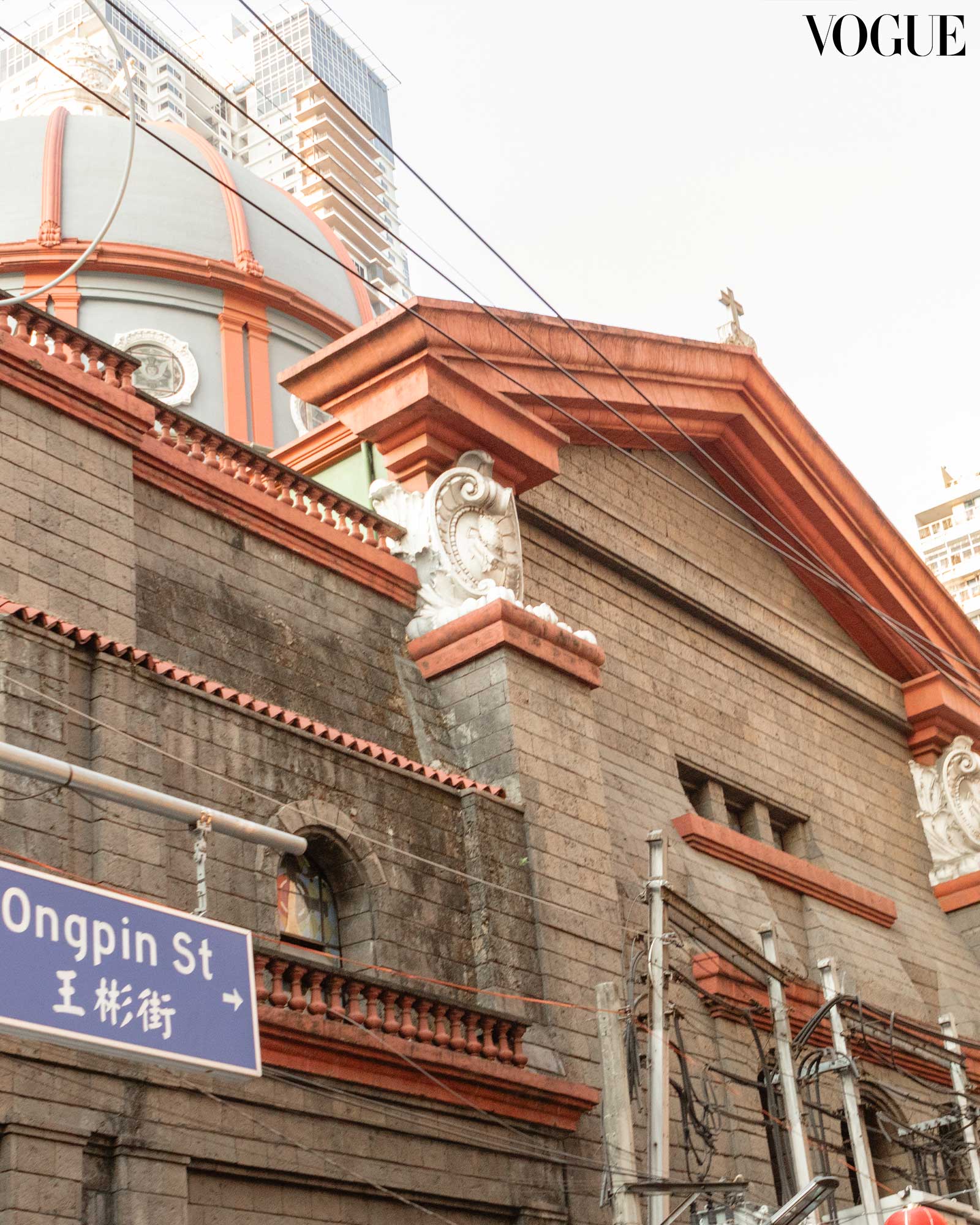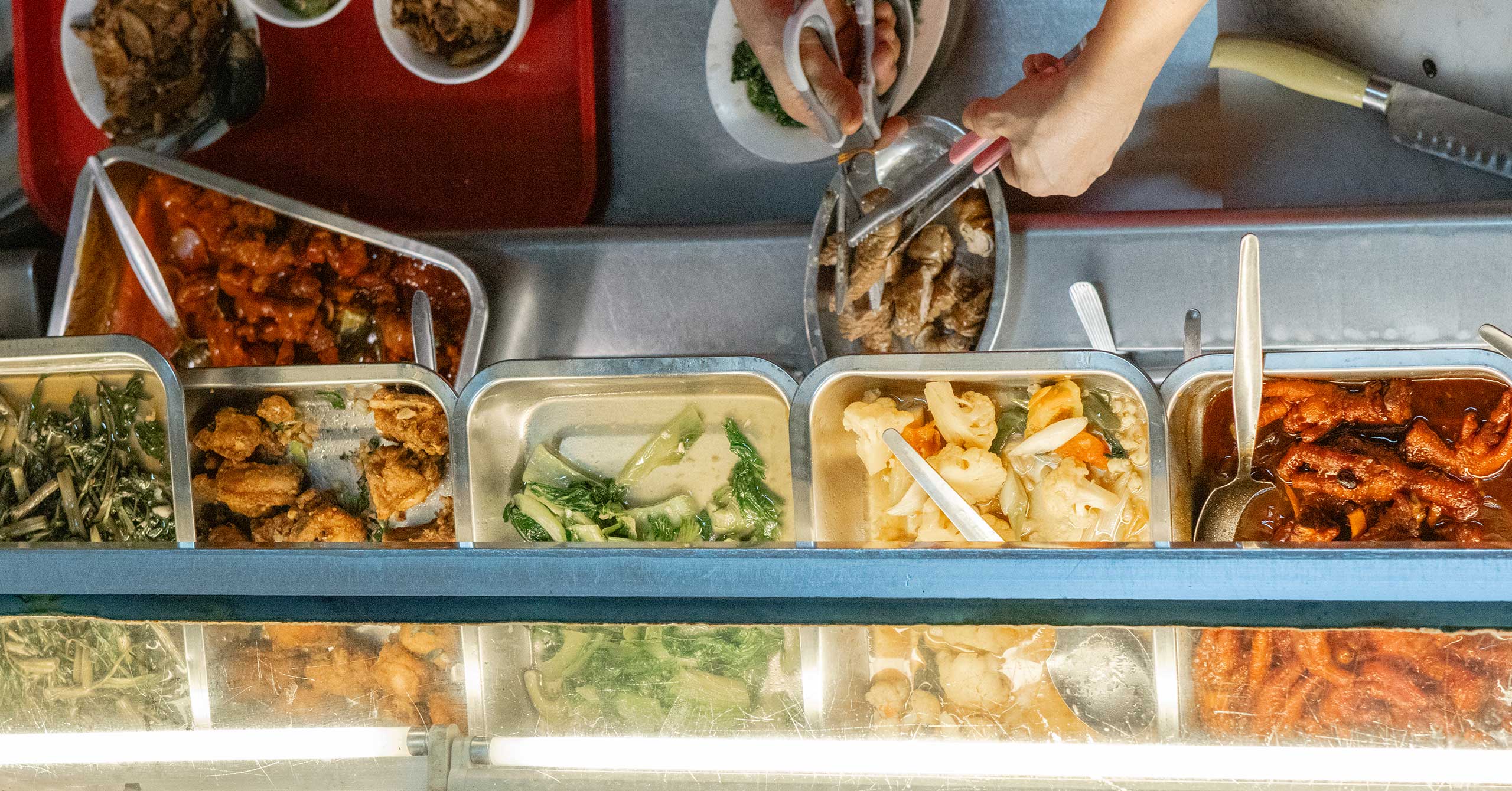A gastronomic adventure: various savory dishes at Ang Tunay Beef House. Photo by Dom Pamatmat
Photo by Dom Pamatmat
In Ongpin Street, Binondo, a serpentine line of people extends deep into an alley beside a fried siopao shop. A group of young adults, victorious and beaming, have finally reached the end of the queue. They assemble themselves into a circle and hold out their fried siopaos— palm-shaped, meat-filled soft buns fried at the bottom, each of them using their smartphones to take a picture.
The fried siopao has become quite popular online, but it isn’t the only street food offering that has transformed Chinatown into a viral online sensation. Mere days away from the celebration of the Chinese Lunar New Year, crowds occupy the notoriously narrow streets of Binondo, queuing for an assortment of skewers, sugarcane juice, and the Chinese candied fruit snack tanghulu.
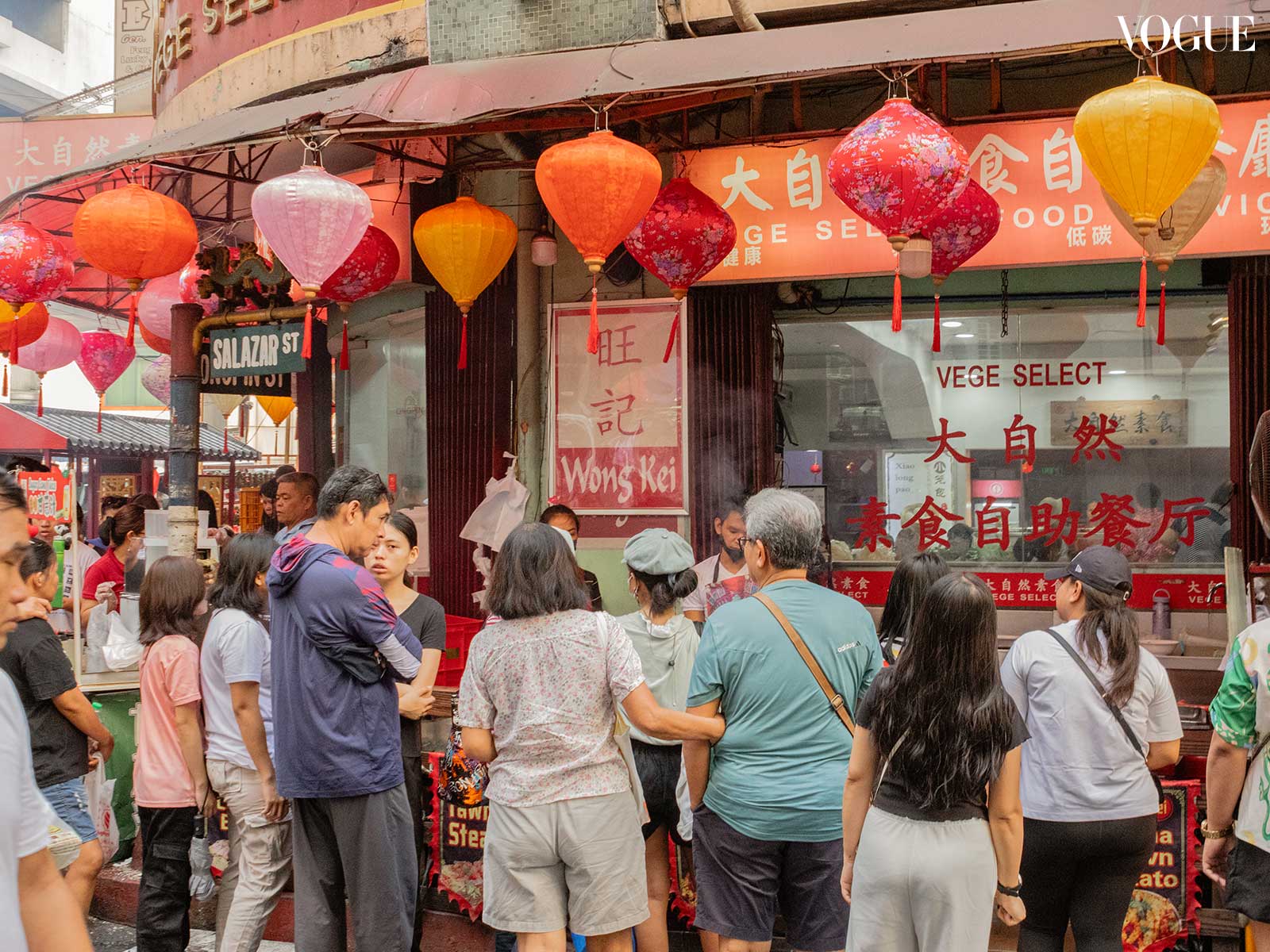
On the video sharing app Tiktok, various users and content creators offer an assortment of “Binondo food crawl guides” for every budget and taste preference. The group of coworkers at the fried siopao shop admitted that their exposure to Tiktok led to their mid-afternoon food crawl, but added that they had only watched the videos for inspiration and chose to explore the gastronomical offerings of Chinatown on their own. When asked what their itinerary for the day was, one of them simply said: “We go wherever the long lines are.”
Where to get your fried siopao: Shanghai Fried Siopao (828 Ongpin St., Santa Cruz, Binondo, Manila)
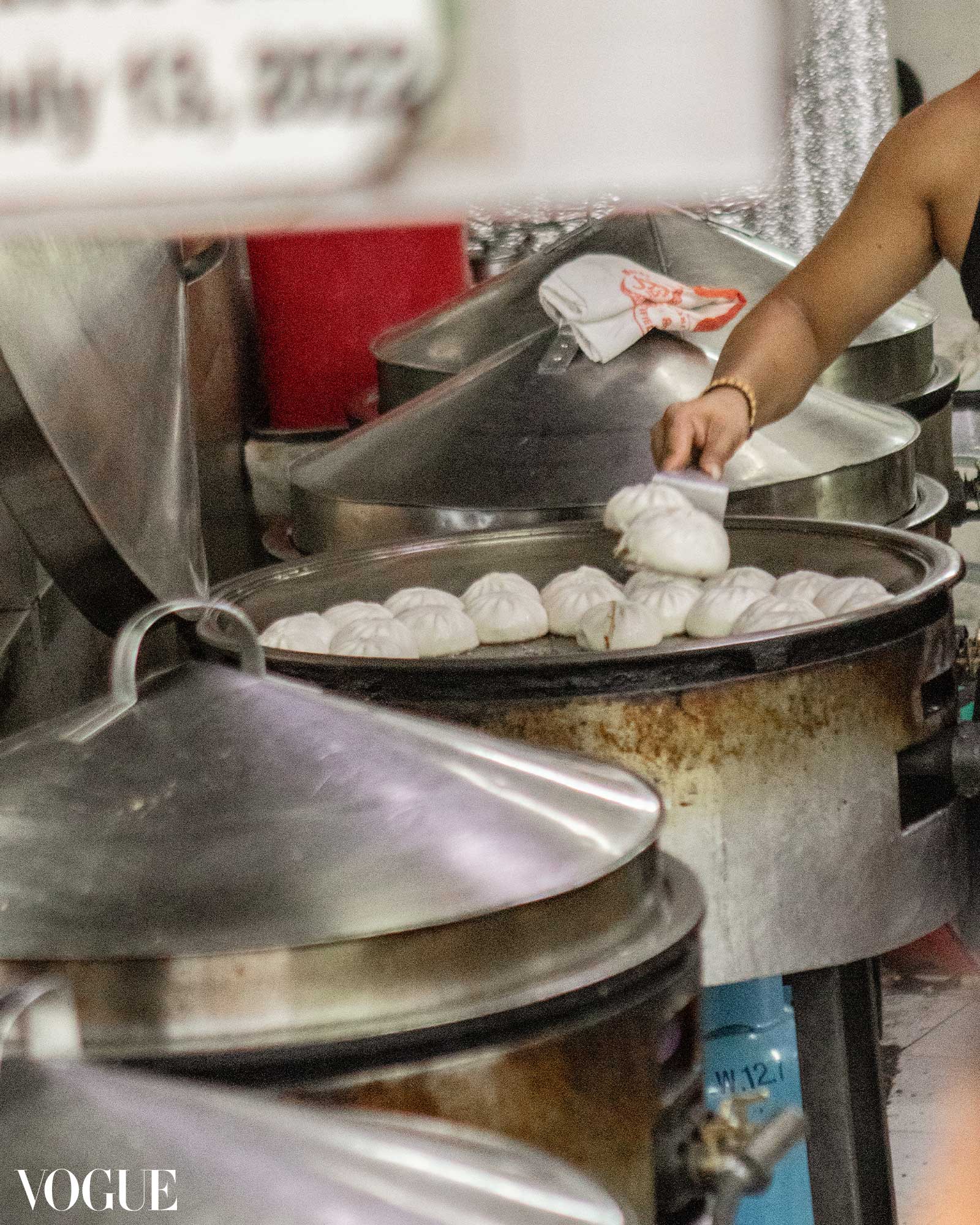
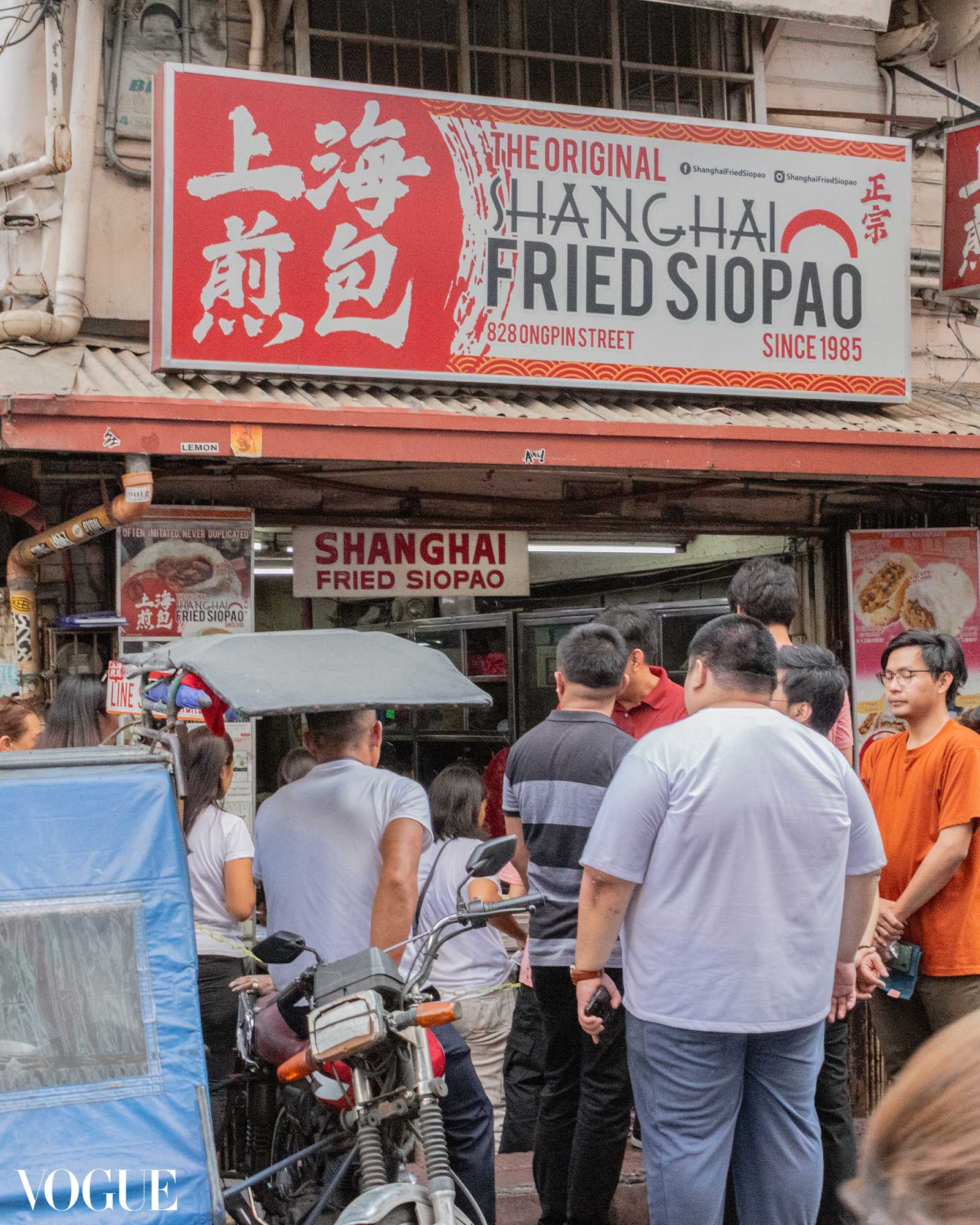
What about the food in Binondo makes a person endure an absurdly long queue in the scorching Manila heat? According to a customer, people endure the challenge because the authentic taste of the food cannot be replicated anywhere else. Despite the prevalence of “Binondo-style” food places in outlet malls around Metro Manila, customers flock to Binondo for the distinct flavor which could only be accomplished with recipes that have been cultivated and perfected for decades.
Binondo is a haven for comfort food lovers. Crowds form in and around Wai Ying, which boasts mouthwatering dim sum and filling congee. Sincerity Cafe and Restaurant is an institution of its own, serving Chinese-style fried chicken since the 1950s. For those seeking vegan and vegetarian options, Vege Select (formerly Quan Yin Chay) offer a variety of vegetable-centric dishes, served in a cool atmosphere perfect for brunch and light meals throughout the day.
A standout authentic Chinese food place is located on the outskirts of Chinatown, called Ang Tunay Beef House. Resembling an old cafeteria, their specialty Beef Mami is a hearty beef broth that matches very well with their Kiampong, a traditional Chinese glutinous rice dish. Dining at the food place is a great way to decompress after a long day at work, as they also serve a variety of cold beverages such as sodas and beer.
For those seeking food adventures, Binondo is also the place to be. Located near the literal estero, by the creek along Ongpin Street, Estero Fastfood’s specialty is their frog legs, cooked different ways. Depending on the customers’ fancy, this Binondo food trip staple can be served fried, adobo-style with soy sauce, or buttered with garlic. But the food place doesn’t only serve amphibious delicacies; customers keep coming back for their Filipino-Chinese dishes as well, such as their pancit guisado and chop suey.
Where to get your Hopia and other Chinese pastries: Eng Bee Tin (628 Ongpin St., Binondo, Manila), Salazar Bakery (783 Ongpin St., Binondo, Manila)
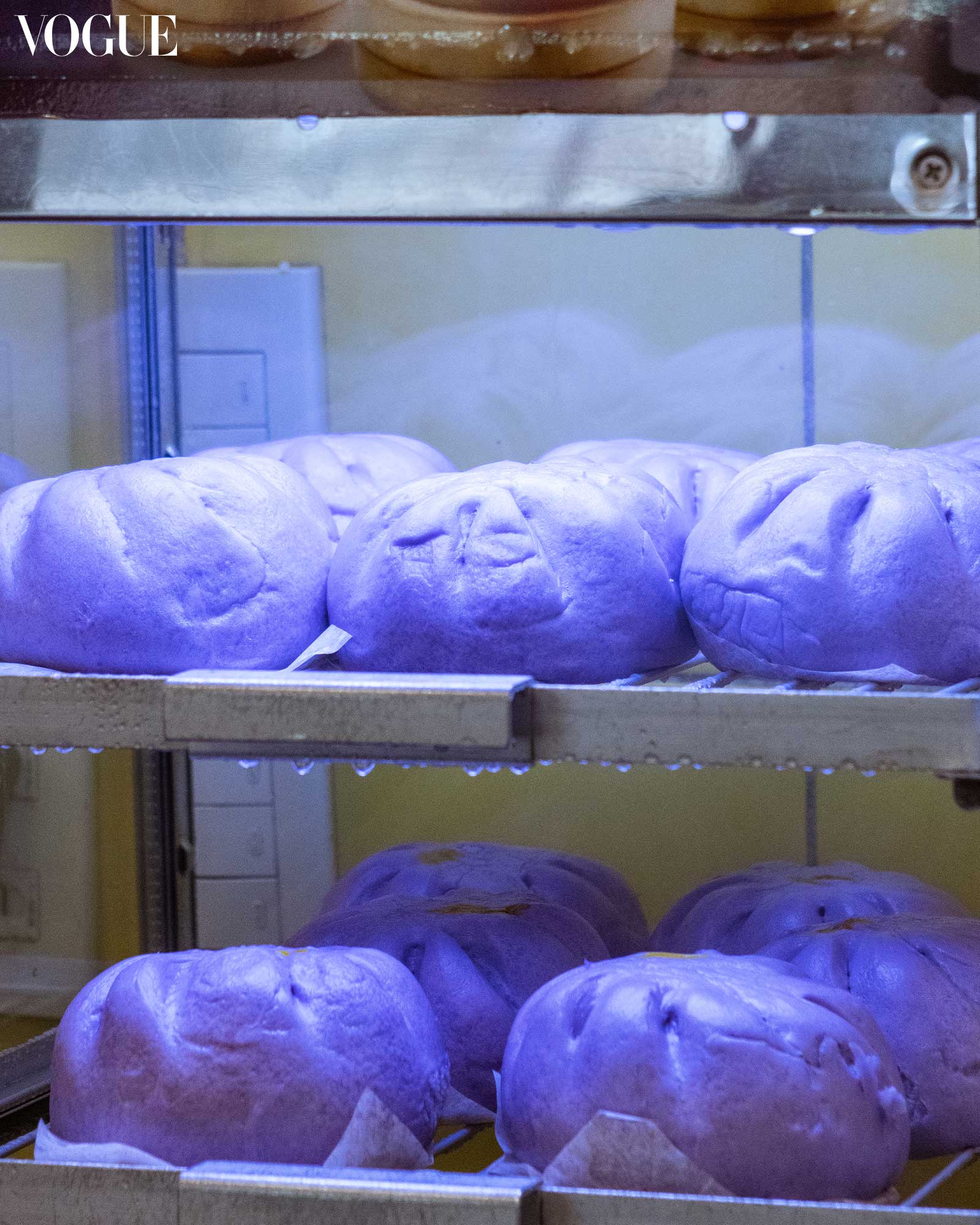
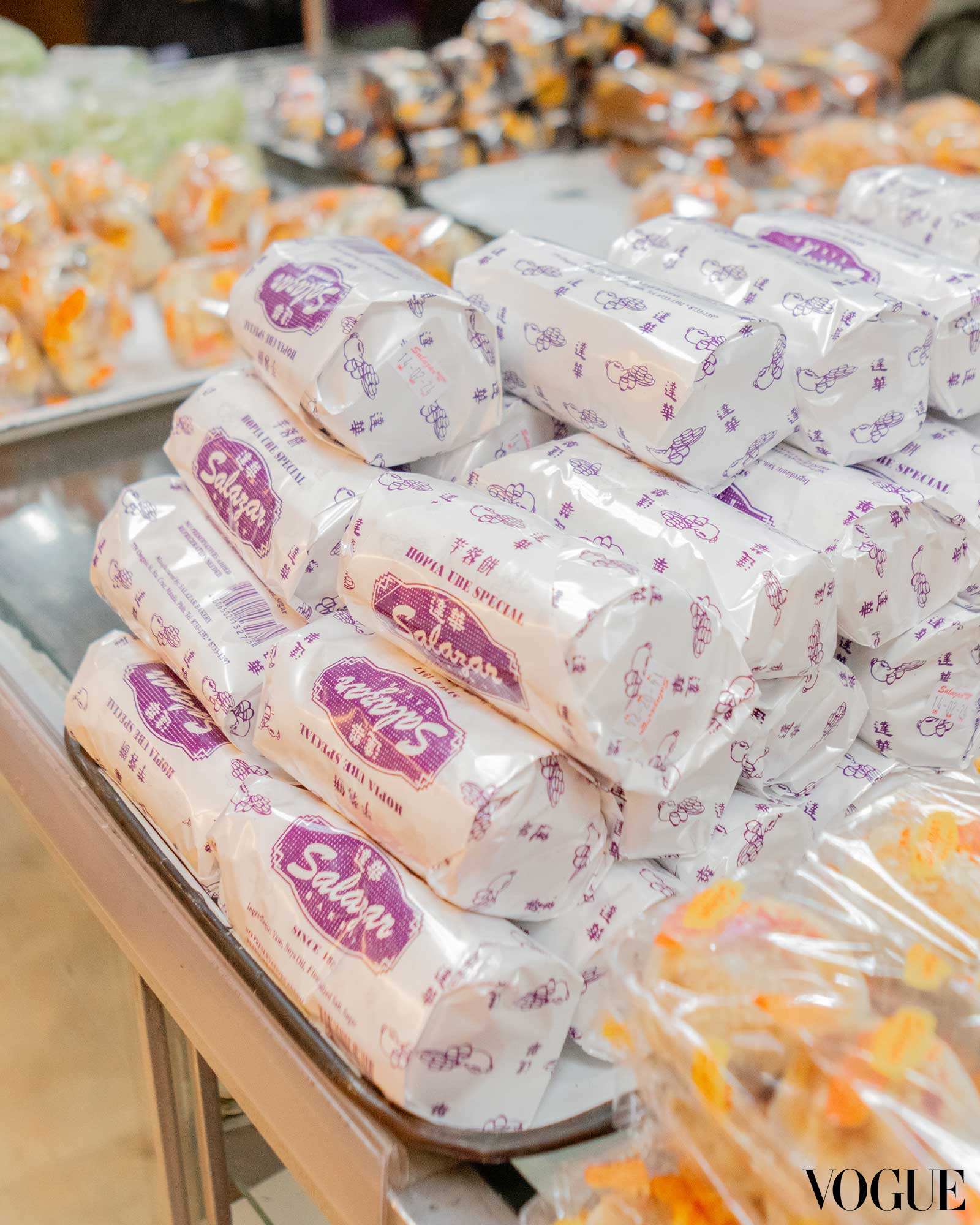
Where to get your Chicken Pie and Fortune Cake: Diao Eng Chay (Zone 028, 845 Salazar St., Binondo, Manila)
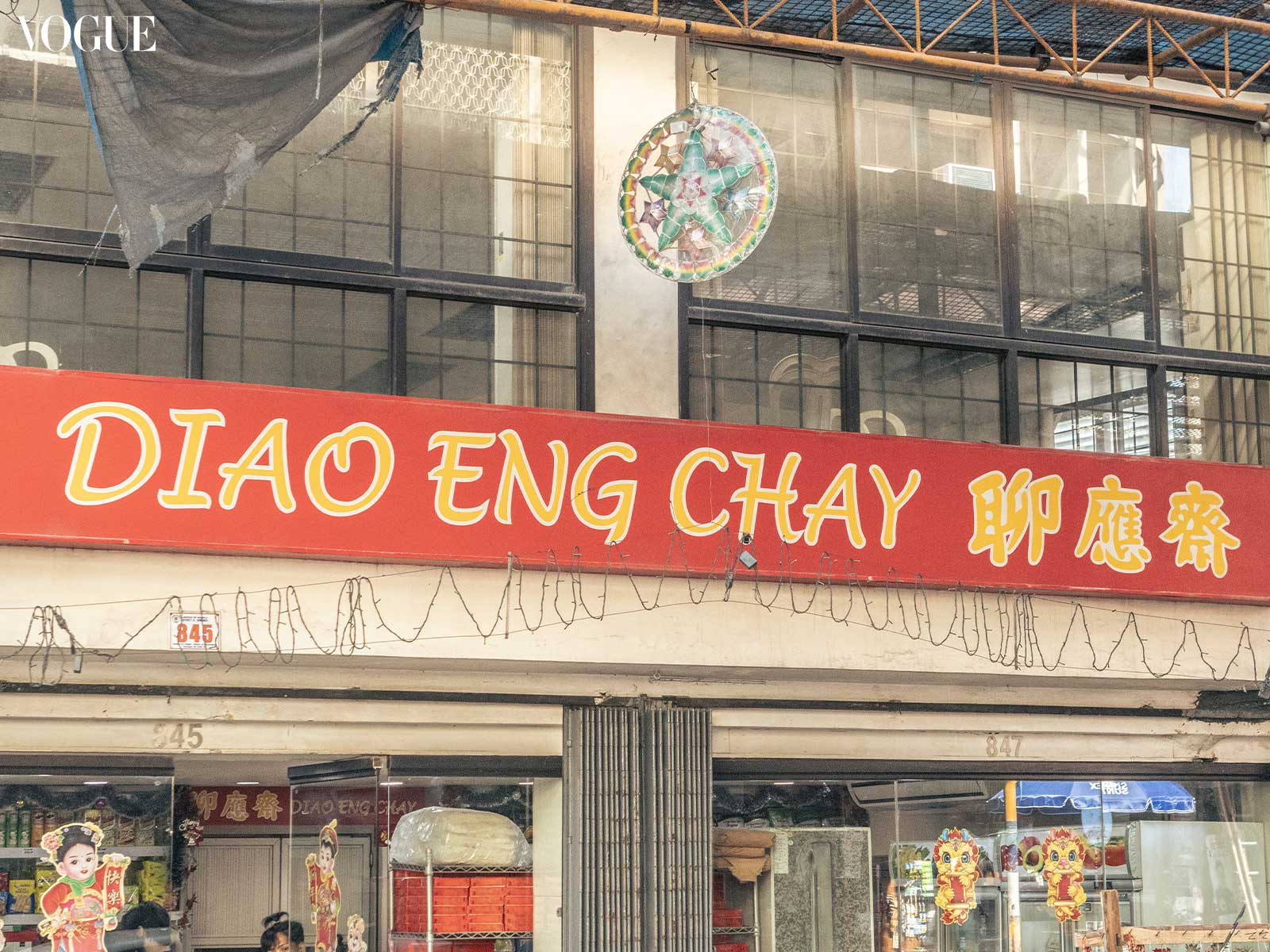
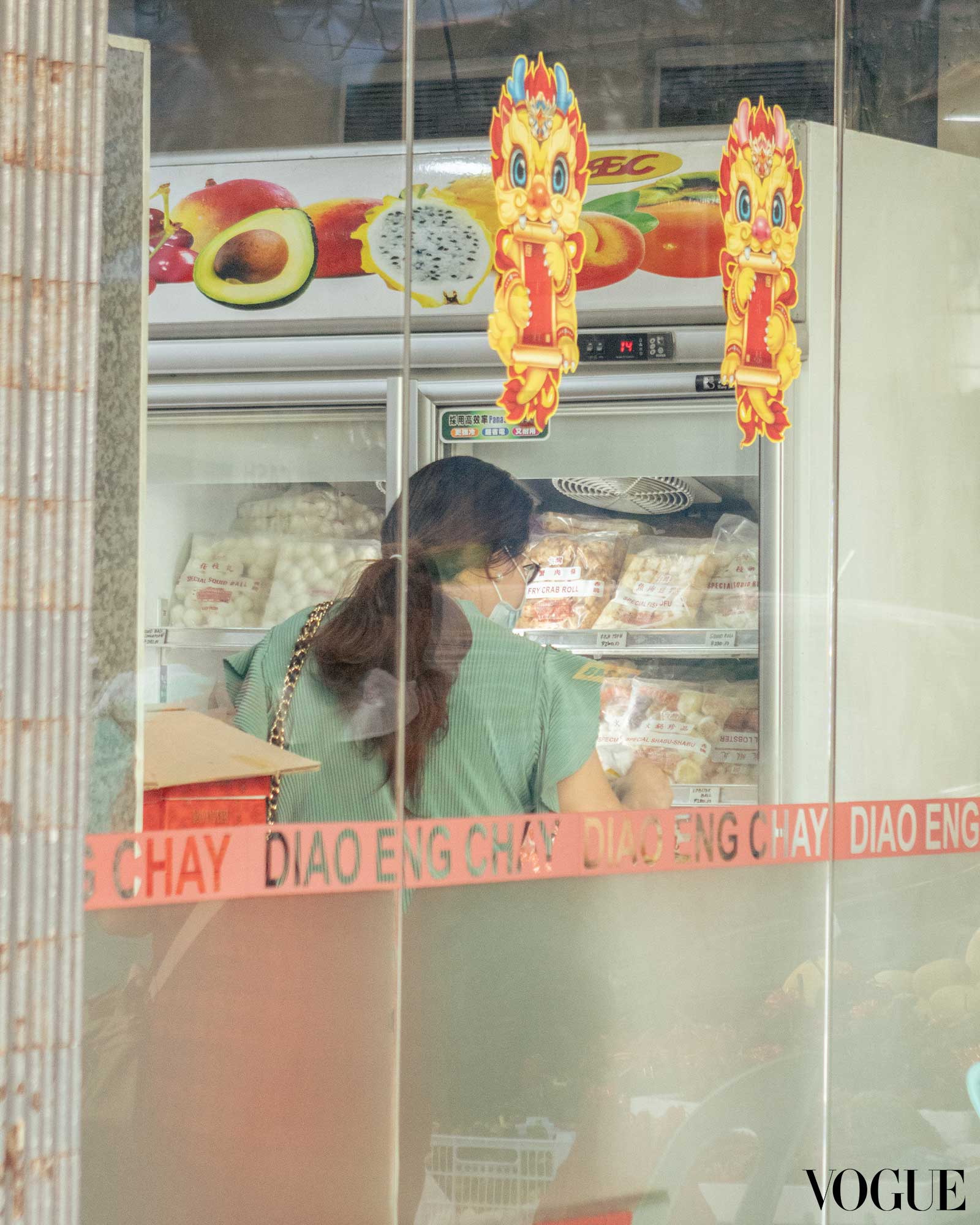
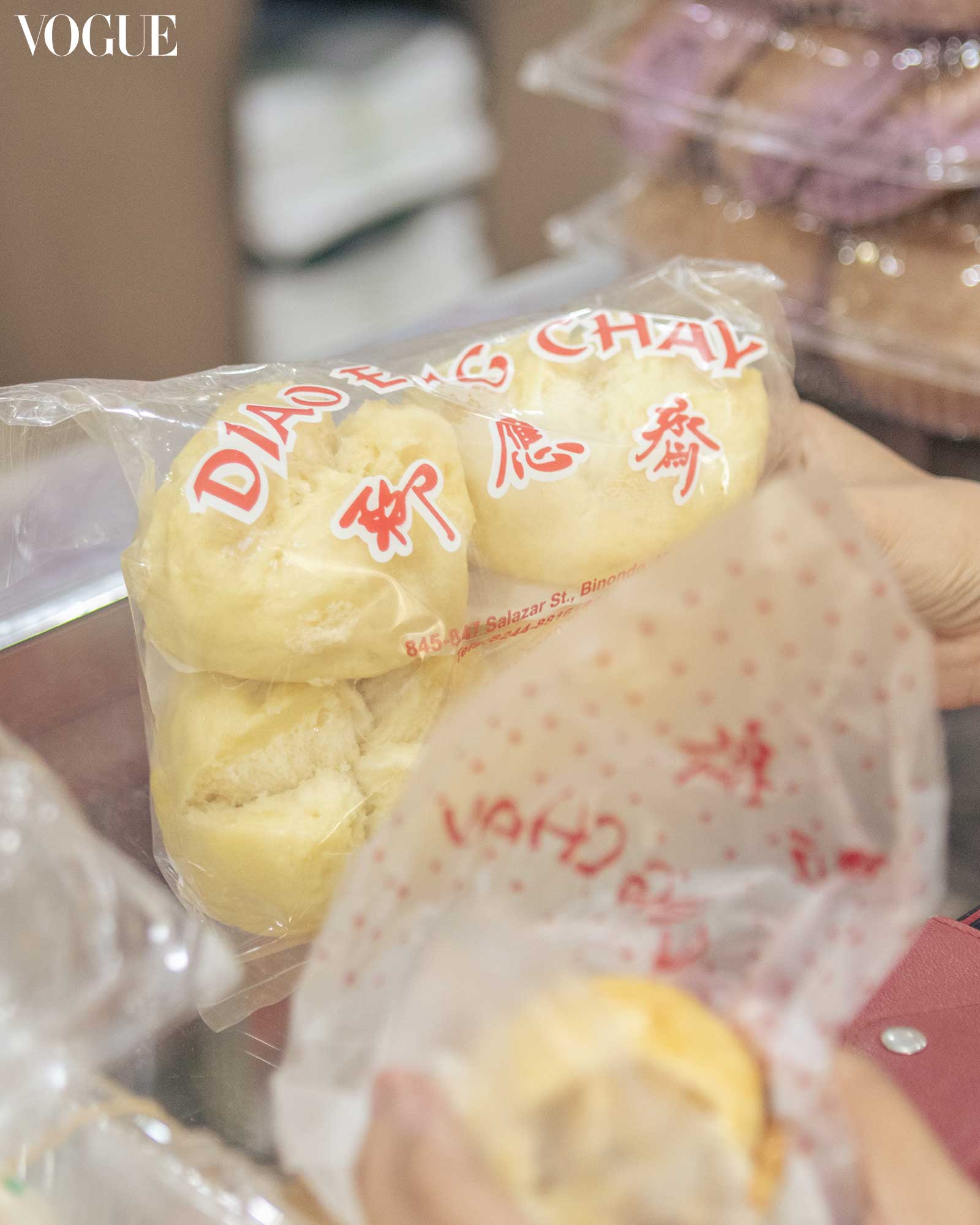
Where to get your Chinese fast food: Chuan Kee Restaurant (650 Ongpin St., Binondo, Manila)
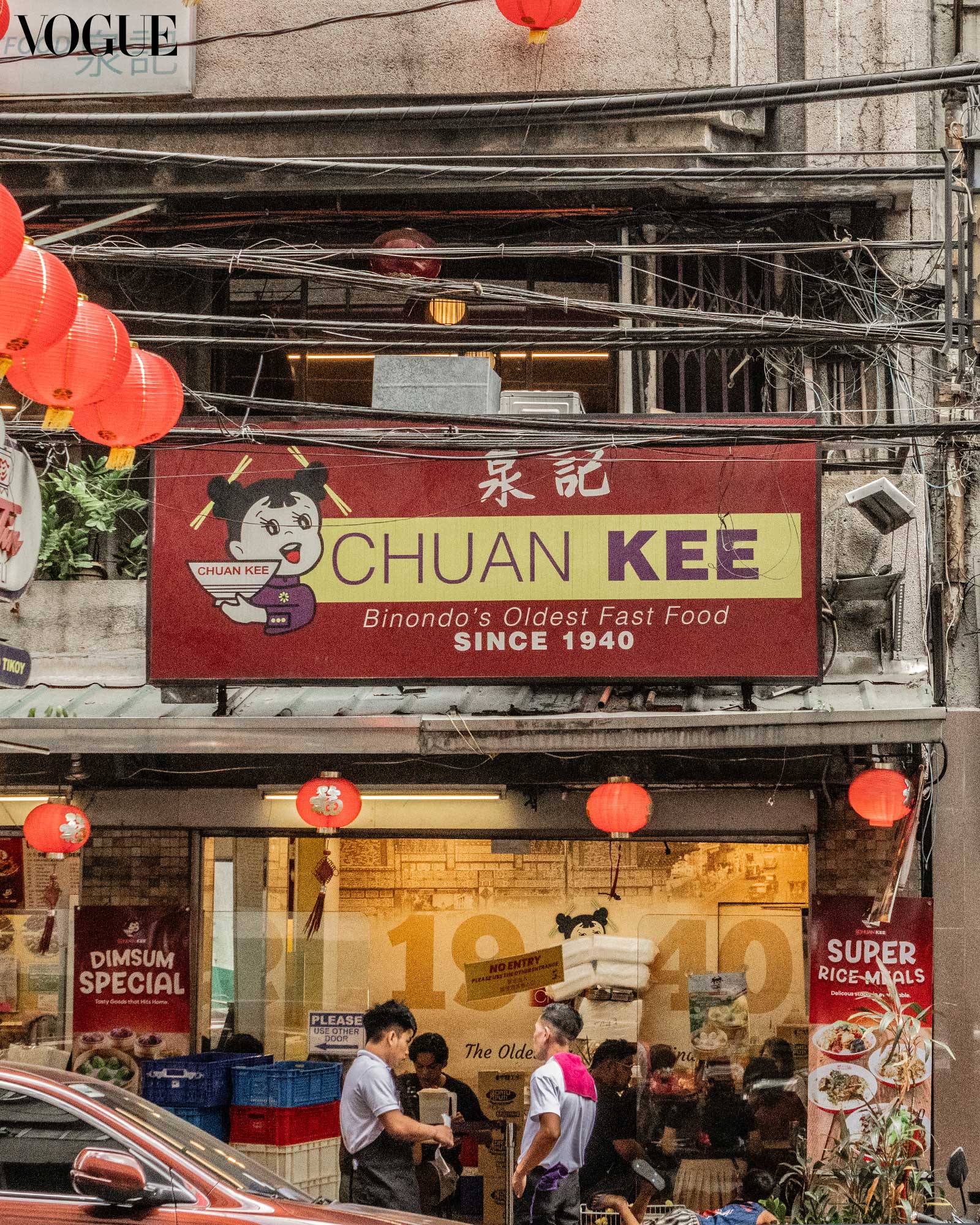
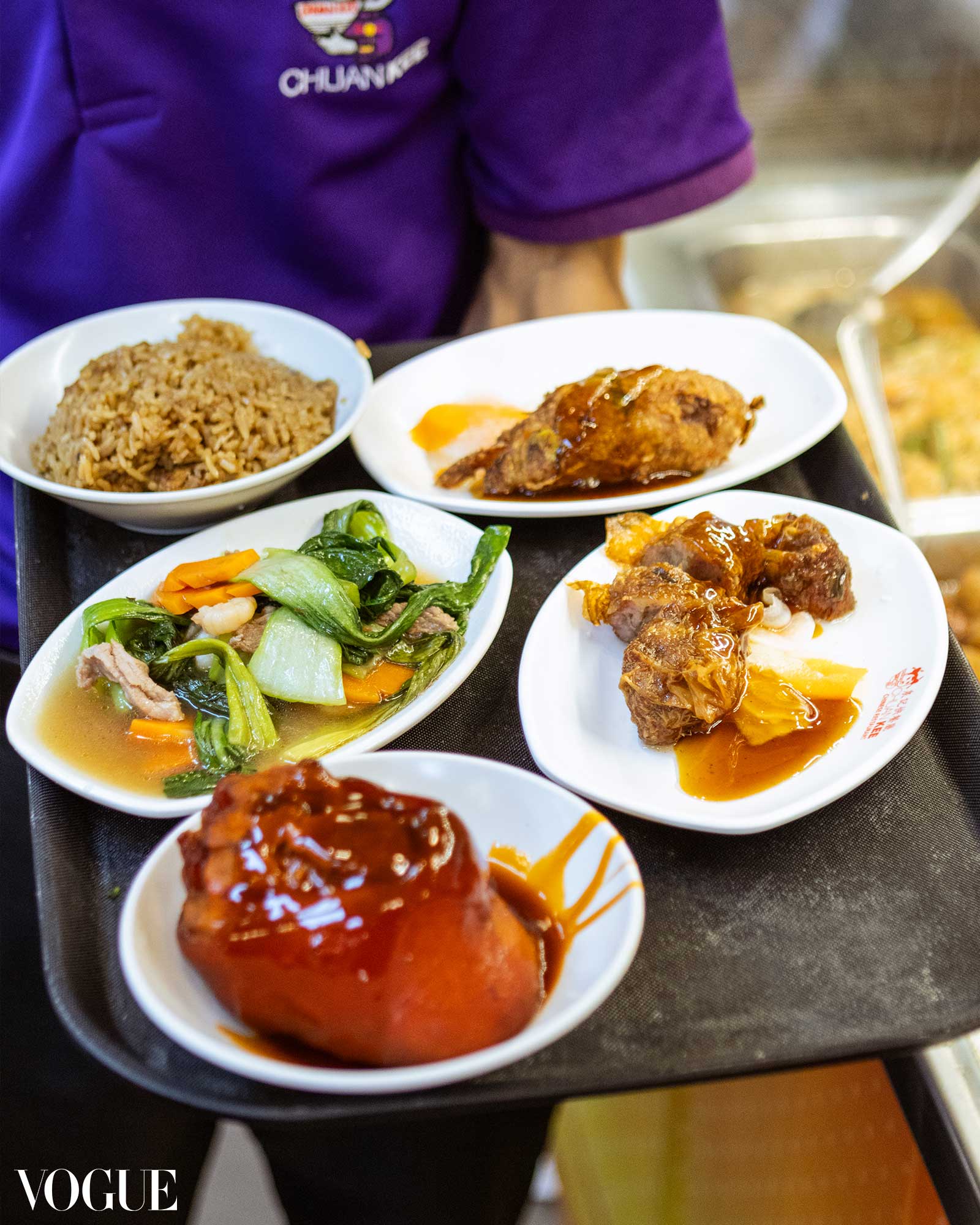
Where to get your Beef Mami: Ang Tunay Beef House (825, Sabino Padilla St., Santa Cruz, Manila)
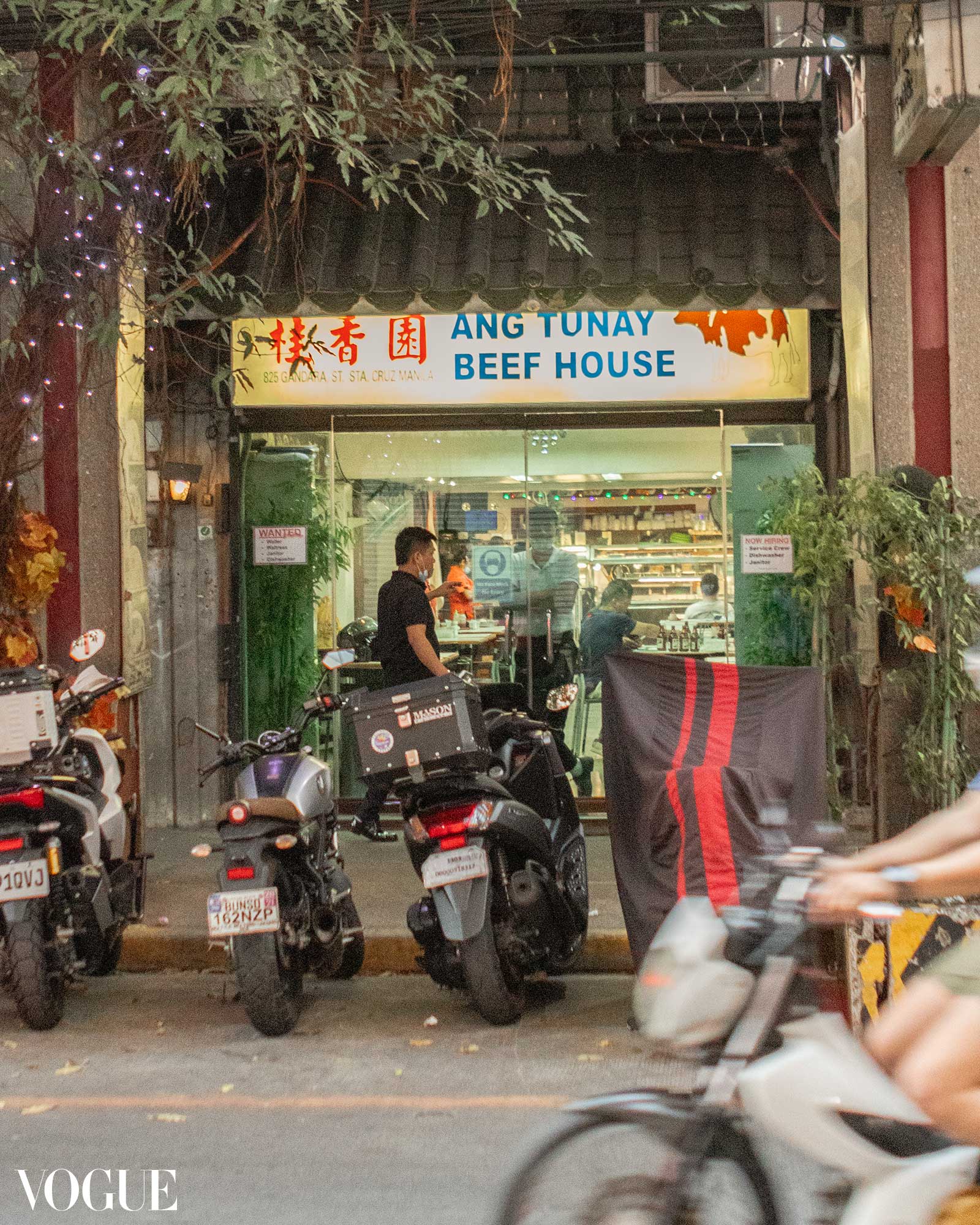
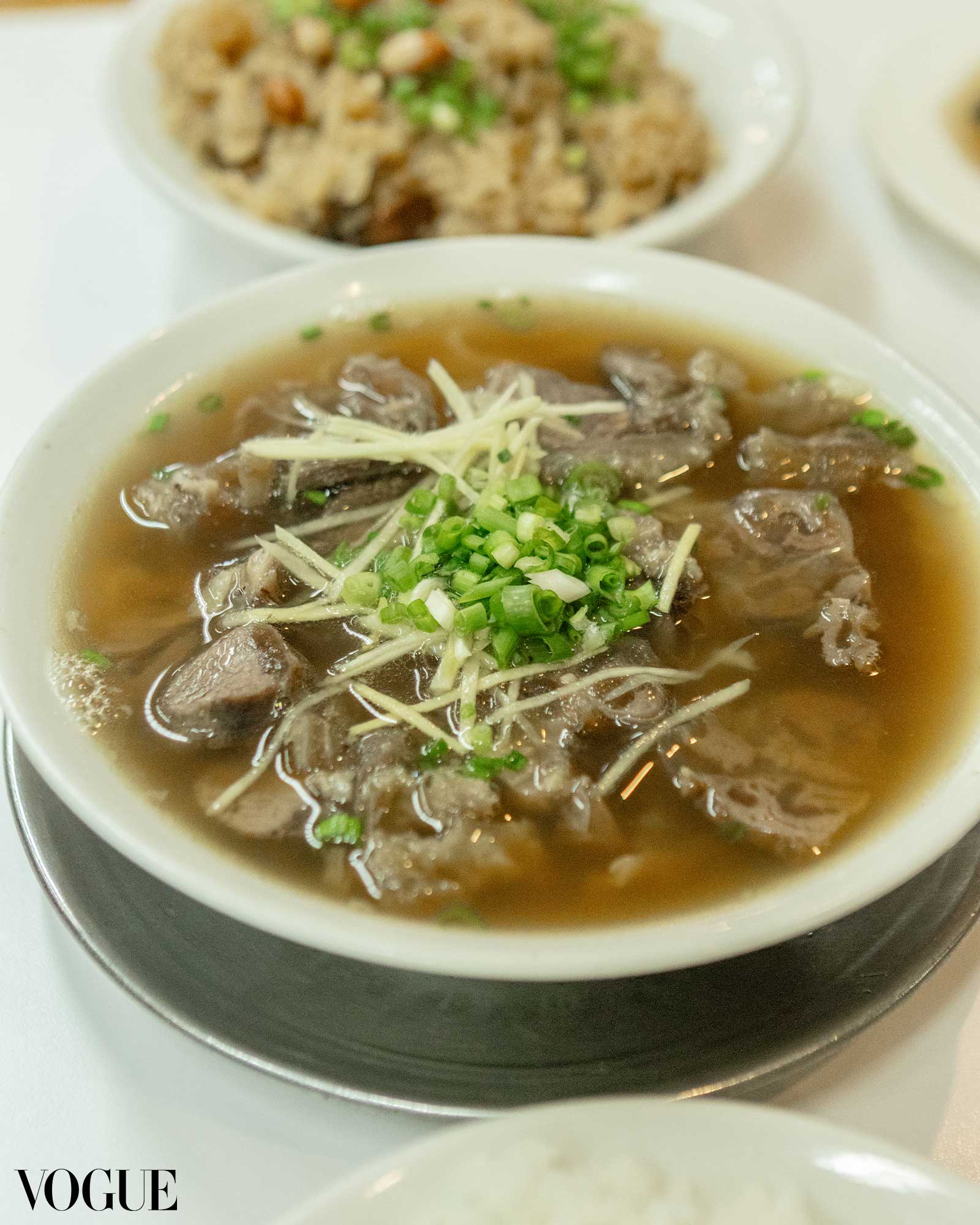
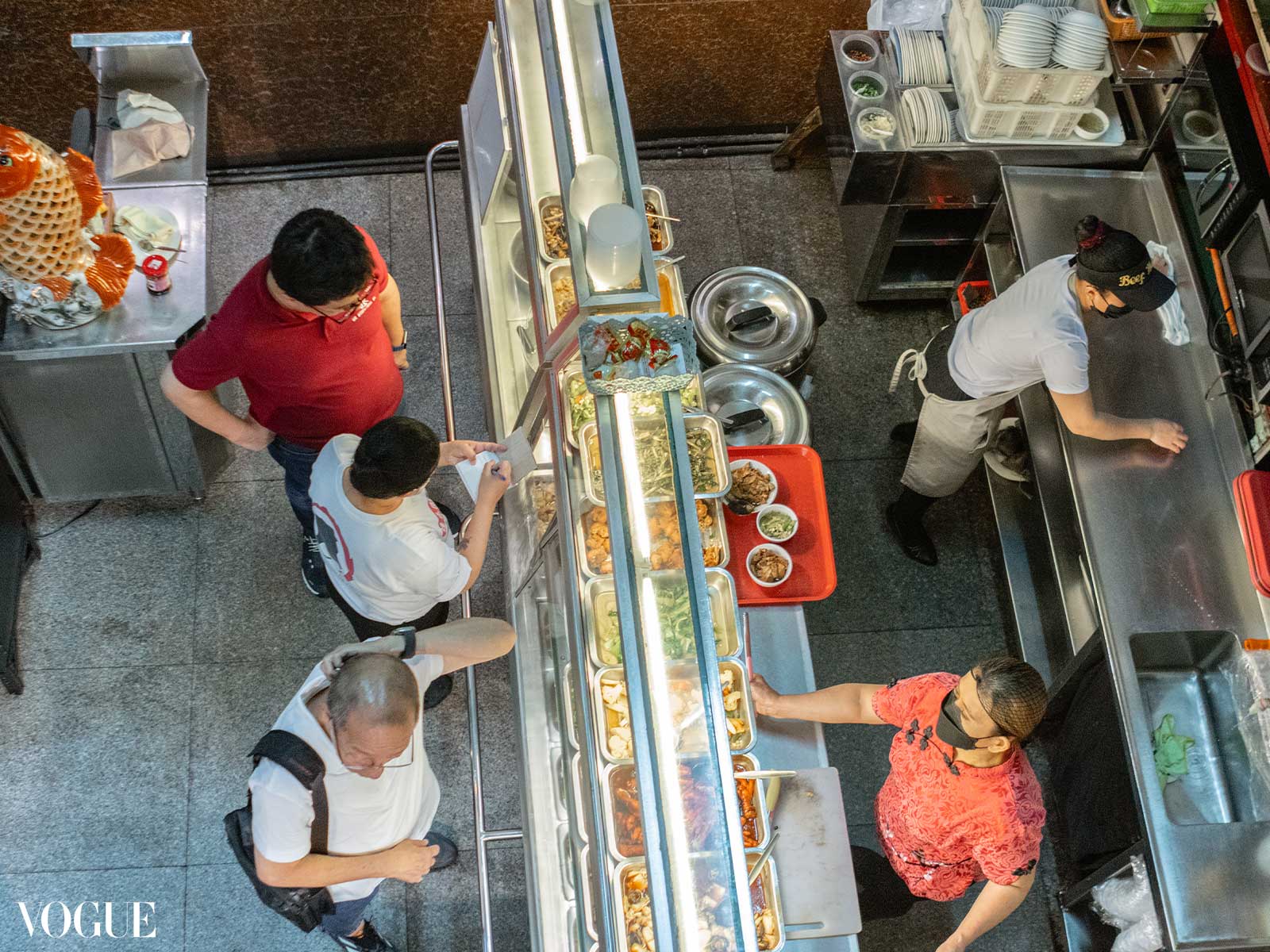
For hundreds of years, Binondo has sustained its original function: to be a vibrant hub for traders and merchants of various products and services. Its rich history as the oldest Chinatown in the world is one that deserves to be emphasized, and with the continuously growing scene in Binondo fueled by love from its local patrons and its newfound audience on social media, the “Binondo Food Crawl” phenomenon serves a greater significance as a conduit for heritage preservation.
Although there are dangers and challenges associated with the preservation of history, the larger cultural conversation that Binondo inhabits does not seem to wane anytime soon. For as long as there are people willing to wait in line, the streets of Binondo continue to thrive.
Where to get specialty drinks inspired by Binondo: Apologue Coffee (934 Benavides St., Binondo, Manila)
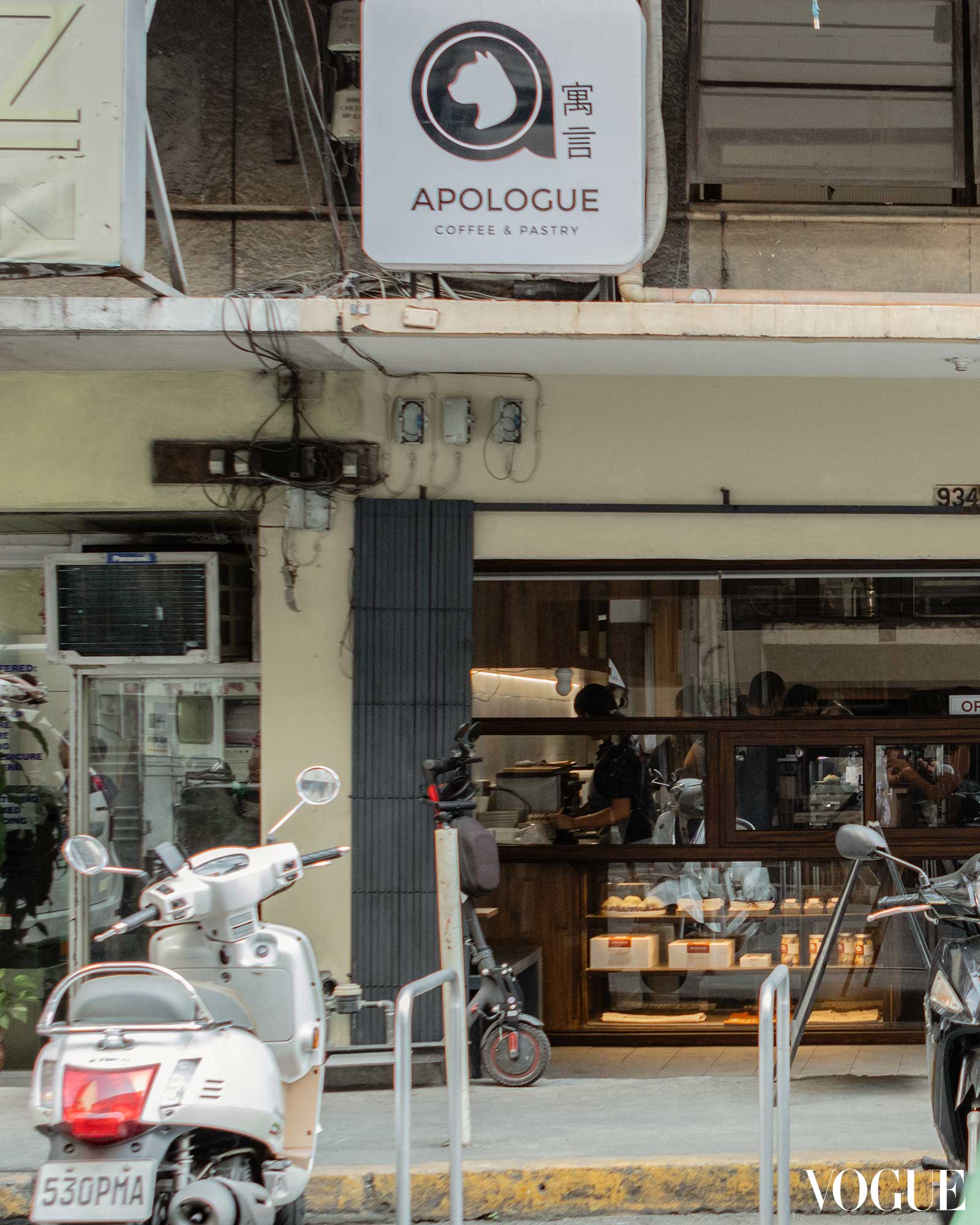
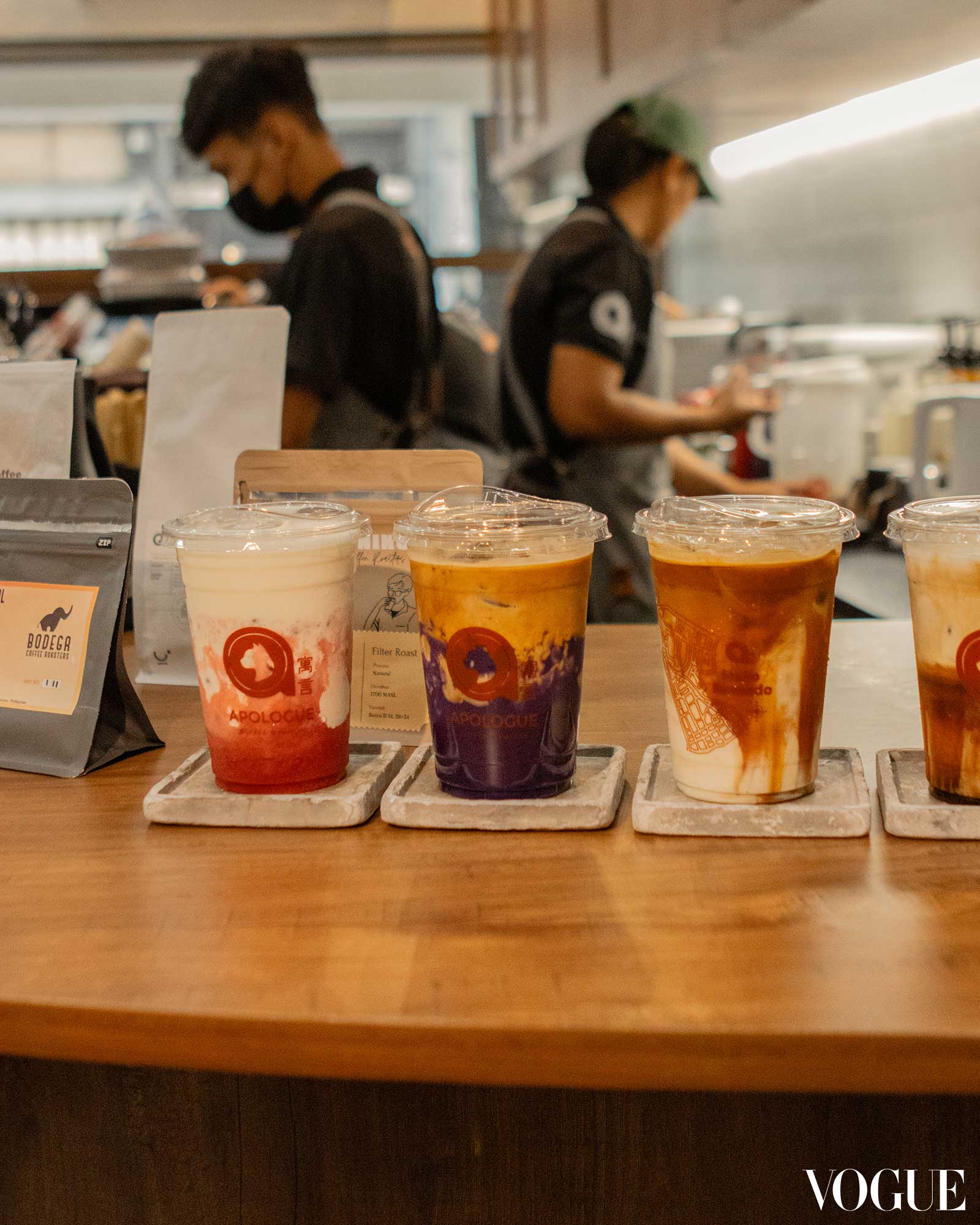
Where to learn about Binondo’s rich history: Binondo Church (1006 Plaza Lorenzo Ruiz, Binondo, Manila), Chinatown Museum (4/F Building A, Lucky Chinatown, Reina Regente Street, Binondo, Manila, Binondo, Philippines)
